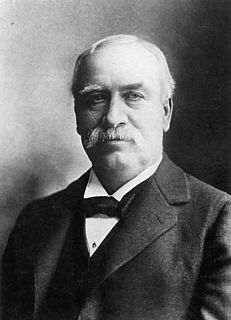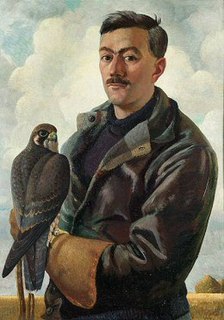A Quote by Lucy Worsley
A Georgian man's shirt had a long tail, which he tucked between his legs rather like a nappy. Over it went his 'breech liners', the long, linen forerunners of drawers. All of this was intended to keep his unwashable outer clothes free from the sweat and stink of his skin.
Related Quotes
Cold?" Ravus echoed. He took her arm and rubbed it between his hands, watching them as though they were betraying him. "Better?" He asked warily. His skin felt hot, even through the cloth of her shirt, his touch was both soothing and electric. She leaned into him without thinking. His thighs parted, rough black cloth scratching against her jeans as she moved between his long legs. His eyes half-lidded as he pushed himself off the desk, their bodies sliding together, his hands still holding hers. Then, suddenly, he froze.
How not to imagine the tumors ripening beneath his skin, flesh I have kissed, stroked with my fingertips, pressed my belly and breasts against, some nights so hard I thought I could enter him, open his back at the spine like a door or a curtain and slip in like a small fish between his ribs, nudge the coral of his brains with my lips, brushing over the blue coil of his bowels with the fluted silk of my tail.
He could feel it immediately when his shoulder snapped - the intense pain of his bones cracking. His skin tightened, as if it could no long hold whatever was lurking inside him. The breath was sucked from his lungs like he was being crushed. His vision began to blur, and he had the sensation he was falling, even though he could feel the rock tearing at his flesh as his body seized on the ground.
Gil-galad was an Elven-king. Of him the harpers sadly sing: the last whose realm was fair and free between the Mountains and the Sea. His sword was long, his lance was keen, his shining helm afar was seen; the countless stars of heaven's field were mirrored in his silver shield. But long ago he rode away, and where he dwelleth none can say; for into darkness fell his star in Mordor where the shadows are.
The cat will keep his side of the bargain. He will kill mice, and he will be kind to babies when he is in the house, just so long as they do not pull his tail too hard. But when he has done that, and between times, and when the moon gets up and night comes, he is the Cat that walks by himself, and all places are alike to him. Then he goes out to the Wet Wild Woods or up on the Wet Wild trees or on the Wet Wild roofs, waving his wild tail and walking by his wild lone.
What a wee little part of a person's life are his acts and his words! His real life is led in his head, and is known to none but himself. All day long, the mill of his brain is grinding, and his thoughts, not those of other things, are his history. These are his life, and they are not written. Everyday would make a whole book of 80,000 words -- 365 books a year. Biographies are but the clothes and buttons of the man -- the biography of the man himself cannot be written.
Miserable is the man who loves a woman and takes her for his wife, pouring at her feet the sweat of his skin and the blood of his body and the life of his heart, and placing her in the hands of the fruit of his toil and the revenue of his diligence; for when he slowly wakes up, he finds that the heart that he endeavored to buy is given away freely and in sincerity to another man for the enjoyment of its hidden secrets and deepest love.
The master in the art of living makes little distinction between his work and his play, his labor and his leisure, his mind and his body, his information and his recreation, his love and his religion. He hardly knows which is which. He simply pursues his vision of excellence at whatever he does, leaving others to decide whether he is working or playing. To him he's always doing both.
Every man is rich or poor according to the proportion between his desires and his enjoyments; any enlargement of wishes is therefore equally destructive to happiness with the diminution of possession, and he that teaches another to long for what he never shall obtain is no less an enemy to his quiet than if he had robbed him of part of his patrimony

































